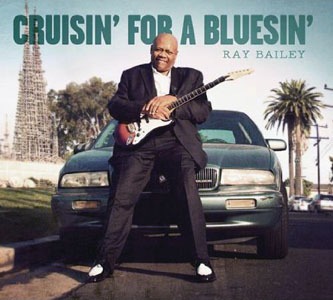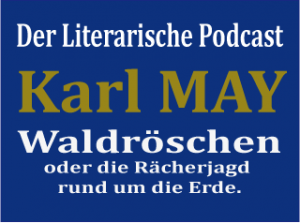What is an essay? An essay is a written piece of prose that provide the author’s argument, but the exact definition is unclear, encompassing those of a paper, a letter, an article, pamphlet, and even a short story. Essays were historically always regarded as formal and academic. These days, most people consider an essay to be any length of text that allows for an easily understood explanation of a particular subject or idea.
An introduction is the first paragraph of an essay, where the writer states that the purpose of the essay is and why it is being written. Sometimes, an introduction is referred to as the first paragraph, since it usually begins this way. Other times, the opening paragraph is called the introduction. The purpose of the introduction is to catch the reader’s attention, allowing him or her to begin reading the remainder of the essay. It is important to start with a strong introductory sentence, because it will be the part of the essay that will attract the reader’s attention and hold it until the conclusion.
The next paragraph, known as the body of the essay, consists of the specifics (the thesis statement) that support the arguments of the introduction. The thesis statement is the central point of the essay, comma fixer presenting the main topic of the essay in a clear and concise manner. The thesis statement will vary greatly depending on the essay. There are some essays that are written as a response to another essay, or some that explore a given topic. In either case, the thesis statement will be different. Other forms of essays differ solely by the style and structure of the essay.
The conclusion paragraph of the essay is what most readers regard as the most important part, since it closes the entire essay. In most cases, this paragraph will contain a summary of the points and arguments expressed grammar and punctuation checker throughout the essay. While many students spend a great deal of time working on the introduction and the body of the essay, the conclusion is the time to lay down your final thoughts. The summary provides information for the reader to understand the overall point of the essay, so he or she can determine if it is a good one to pursue.
In addition to the use of strong and compelling subject pronouns, there are two other features to keep in mind when writing descriptive essays. One is the use of figurative language. The figurative language will make an observation, comparison, or other sort of emotional appeal to the reader. If you feel strongly about a subject or issue, you may wish to emphasize it through the use of figurative language. However, if you have a positive view of the subject, you can probably get by without using figurative language.
Another technique that goes beyond the use of strong and negative pronouns is the use of colloquial language. A simple example of this would be something along the lines of „the most important benefit of having a dog is that it is loyal.“ While this is not an essay in any way, you can see the basic concept. Simply put, your goal with the above example is to take something very specific and present it in a non-traditional format (colloquial language). This is another technique you will learn as you go through the process of writing a descriptive essay.





